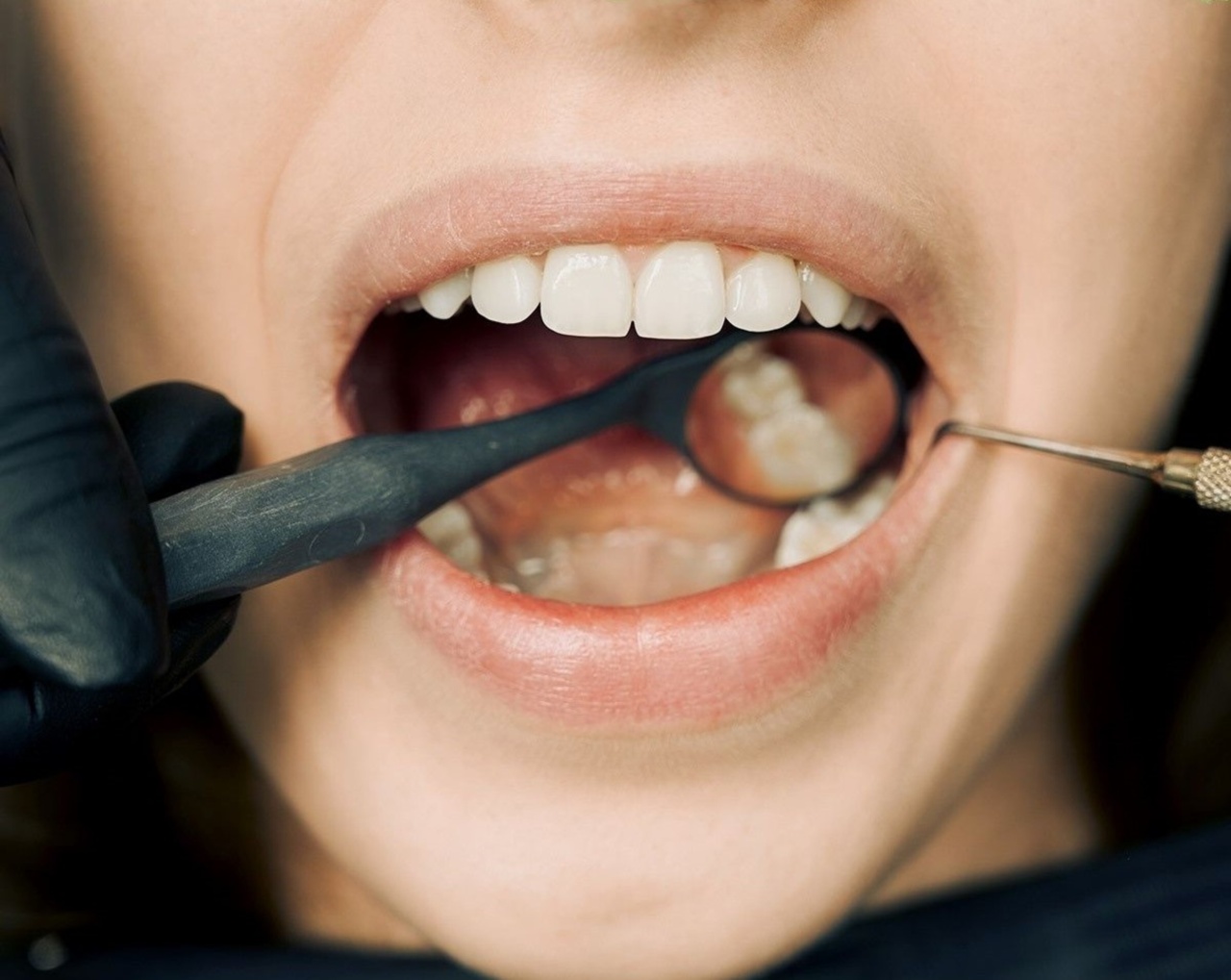Do you frequently notice blood when you brush or floss your teeth? Is it becoming a common occurrence for your gums to bleed? Bleeding gums can be indicative of a variety of oral health issues, ranging from mild inflammation to more severe gum disease. In this article, we will explore the potential causes of bleeding gums and provide some helpful tips on how to prevent and treat this condition.
What Are the Causes of Bleeding Gums?
There can be several factors contributing to the bleeding of your gums. Understanding these causes can help you address the underlying issue and take appropriate action. Let’s take a closer look at some common causes:.
1. Gingivitis
Gingivitis is the earliest stage of gum disease and is generally caused by poor oral hygiene. When plaque and tartar accumulate around the gumline, bacteria start to release toxins, which irritate the gums and cause inflammation.
This can lead to bleeding gums, especially during brushing or flossing.
2. Periodontitis
If gingivitis is left untreated, it can progress to periodontitis. This advanced form of gum disease causes irreversible damage to the soft tissues and bone supporting your teeth.
Along with bleeding gums, other symptoms may include bad breath, loose teeth, receding gums, and even tooth loss.
3. Aggressive Brushing or Flossing
While oral hygiene is important, brushing or flossing too vigorously can result in bleeding gums. Being too forceful can irritate the gums and cause them to bleed.
It’s crucial to use a soft-bristled toothbrush and gentle, circular motions when brushing. As for flossing, be gentle and slide the floss between your teeth without snapping it against your gums.
4. Hormonal Changes
Fluctuations in hormone levels, such as during pregnancy or menopause, can lead to an increased sensitivity in the gums. This heightened sensitivity can make your gums more prone to bleeding when you brush or floss your teeth.
Consult with your healthcare provider on how to manage this temporary hormonal imbalance.
5. Medications
Certain medications, such as blood thinners, can interfere with your body’s ability to clot blood effectively. As a result, even minor irritation to your gums can lead to bleeding.
Be sure to inform your dentist about any medications you are taking so they can provide appropriate dental care and advice.
6. Vitamin Deficiencies
A deficiency in certain vitamins, particularly vitamin C and vitamin K, can weaken blood vessels and affect proper blood clotting. This can result in bleeding gums.
Eating a balanced diet and considering supplements, under the guidance of a healthcare professional, can help address such nutritional deficiencies.
7. Poorly Fitted Dentures or Dental Appliances
If your dentures or other dental appliances don’t fit properly, they can rub against your gums and cause irritation, leading to bleeding.
Regular visits to your dentist can ensure that your dental appliances fit correctly and minimize any discomfort or gum irritation.
How to Prevent and Treat Bleeding Gums
Addressing the underlying cause of your bleeding gums is key to prevention and treatment. Here are some tips to help you maintain healthier gums:.
1. Practice Good Oral Hygiene
Brush your teeth at least twice a day using a soft-bristled toothbrush and fluoride toothpaste. Don’t forget to gently brush your gums as well. Additionally, floss daily to remove plaque and food particles from between your teeth.
2. Use Antiseptic Mouthwash
Incorporating an antiseptic mouthwash into your oral hygiene routine can help reduce plaque and bacteria in your mouth, preventing gum inflammation and bleeding.
3. Schedule Regular Dental Check-ups
Regular dental visits play a vital role in maintaining healthy gums. Your dentist or dental hygienist can identify early signs of gum disease and offer appropriate treatment options.
4. Quit Smoking
Smoking is known to weaken the immune system and impair gum health. By quitting smoking, you can significantly improve the health of your gums and reduce the chances of bleeding.
5. Manage Stress
High levels of stress can weaken your immune system, making you more prone to gum disease.
Implement stress-management techniques, such as regular exercise, meditation, or seeking support from friends and family, to help reduce stress levels and maintain better overall oral health.
6. Eat a Nutritious Diet
Ensure that your diet includes a variety of fruits and vegetables rich in vitamins and minerals. These nutrients are essential for supporting gum health and preventing bleeding gums.
7. Stay Hydrated
Drinking plenty of water throughout the day helps prevent dry mouth, which can contribute to gum irritation and bleeding. Water also helps rinse away food particles and bacteria from your mouth.
When to Seek Professional Help
Bleeding gums can sometimes be a sign of a more serious underlying condition. It’s advisable to consult a dental professional if you experience any of the following:.
- Persistent bleeding of gums
- Swollen or red gums
- Receding gums
- Persistent bad breath
- Loose teeth
- New gaps forming between teeth
Your dentist will perform a thorough examination and determine the best course of action to address your specific concerns.
Conclusion
Bleeding gums should never be ignored as they can be a warning sign of underlying oral health issues. By understanding the causes and implementing preventive measures, you can maintain healthier gums and prevent complications down the line.
Remember to practice good oral hygiene, monitor your overall health, and visit your dentist regularly for professional care. Protecting your gums is an essential part of maintaining a beautiful and healthy smile!.



























